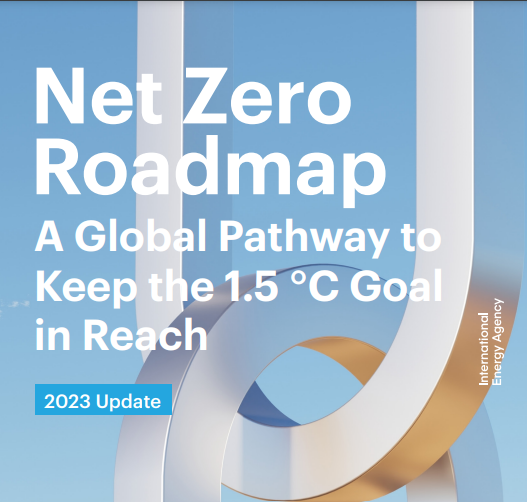However, we have also seen some extremely positive developments, most notably the rapid progress of key clean energy technologies, such as solar PV and electric vehicles, backed by significant policy efforts to advance them further. Recognising the importance of these industries of the future for energy security and economic competitiveness, countries around the world are seeking to boost their clean technology manufacturing capacities, driving a resurgence in industrial policy. Innovation is also accelerating, strengthening the pipeline of technologies that will be needed to complete the world’s journey to net zero.
At the same time, the case for climate action is stronger than ever. July 2023 was the hottest month on record – and 2023 as a whole appears likely to become the hottest year. Severe wildfires, droughts, floods and storms further underlined that the climate crisis is with us and that the costs are mounting. Politically, this year is an important test for the Paris Agreement, with the first Global Stocktake at the COP28 Climate Conference providing a comprehensive assessment of where things stand five years on. To succeed, it needs to set a course for all countries to step up to meet the challenge.
With this in mind, the IEA has therefore provided a 2023 update to its Net Zero Roadmap, drawing on the latest data and analysis to map out what the global energy sector would need to do, especially in the crucial period between now and 2030, to play its part in keeping the 1.5 °C goal in reach. The findings are clear: while the global pathway to net zero by 2050 that was previously mapped out has narrowed, it is still achievable. It is too soon to give up on 1.5 °C.
Among the wealth of insights contained in this report, one message is highlighted: in an era of international tensions, governments need to separate climate from geopolitics. Meeting the shared goal of preventing global warming from going beyond critical thresholds requires stronger cooperation not fragmentation. Climate change is indifferent to geopolitical rivalries and national boundaries – in its causes and its effects. What matters is emissions, regardless of which country produces them, calling for leadership on collaborative efforts to tackle them. As this Roadmap makes clear, we have the proven technologies and policies to reduce those emissions quickly enough this decade to keep 1.5 °C in reach. All countries need to work together to make that happen or we all lose in the end.
—


